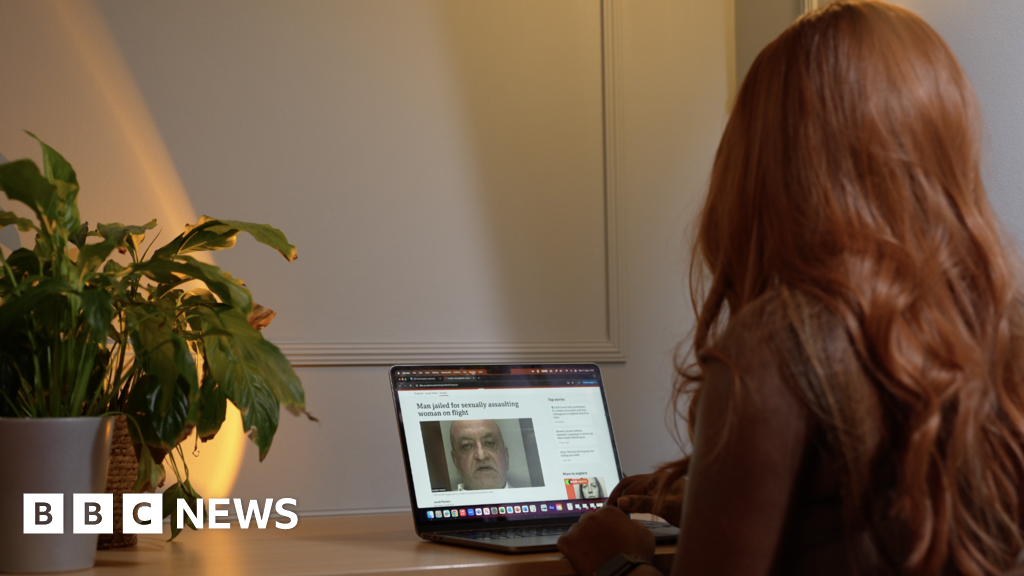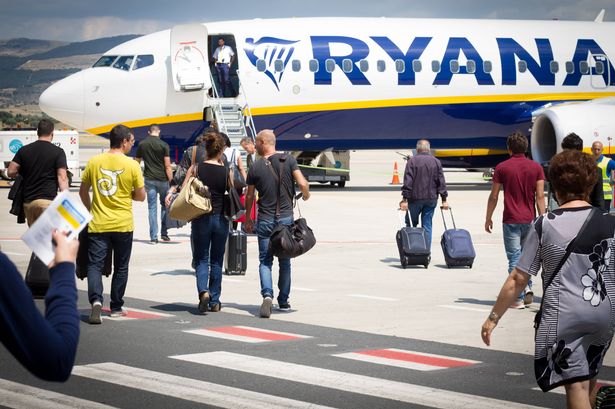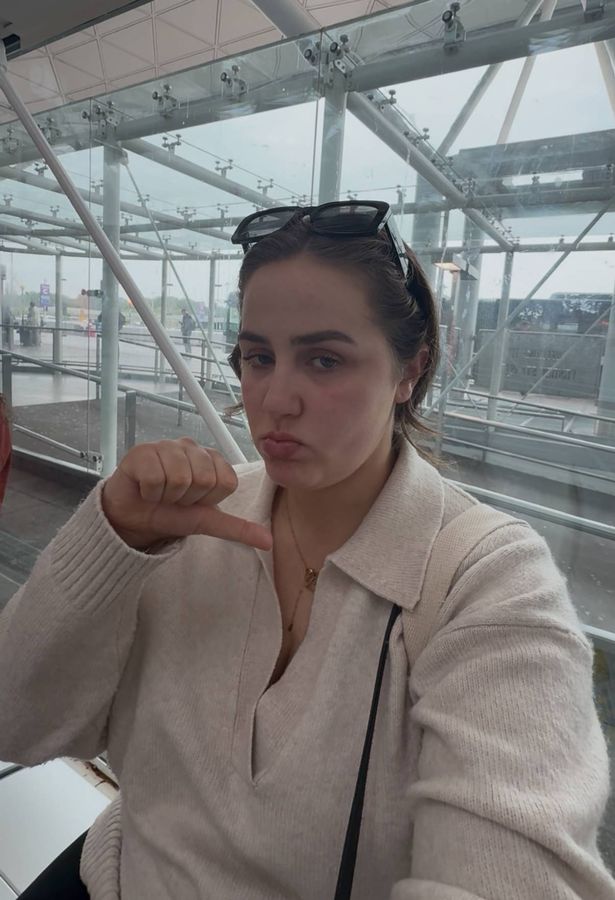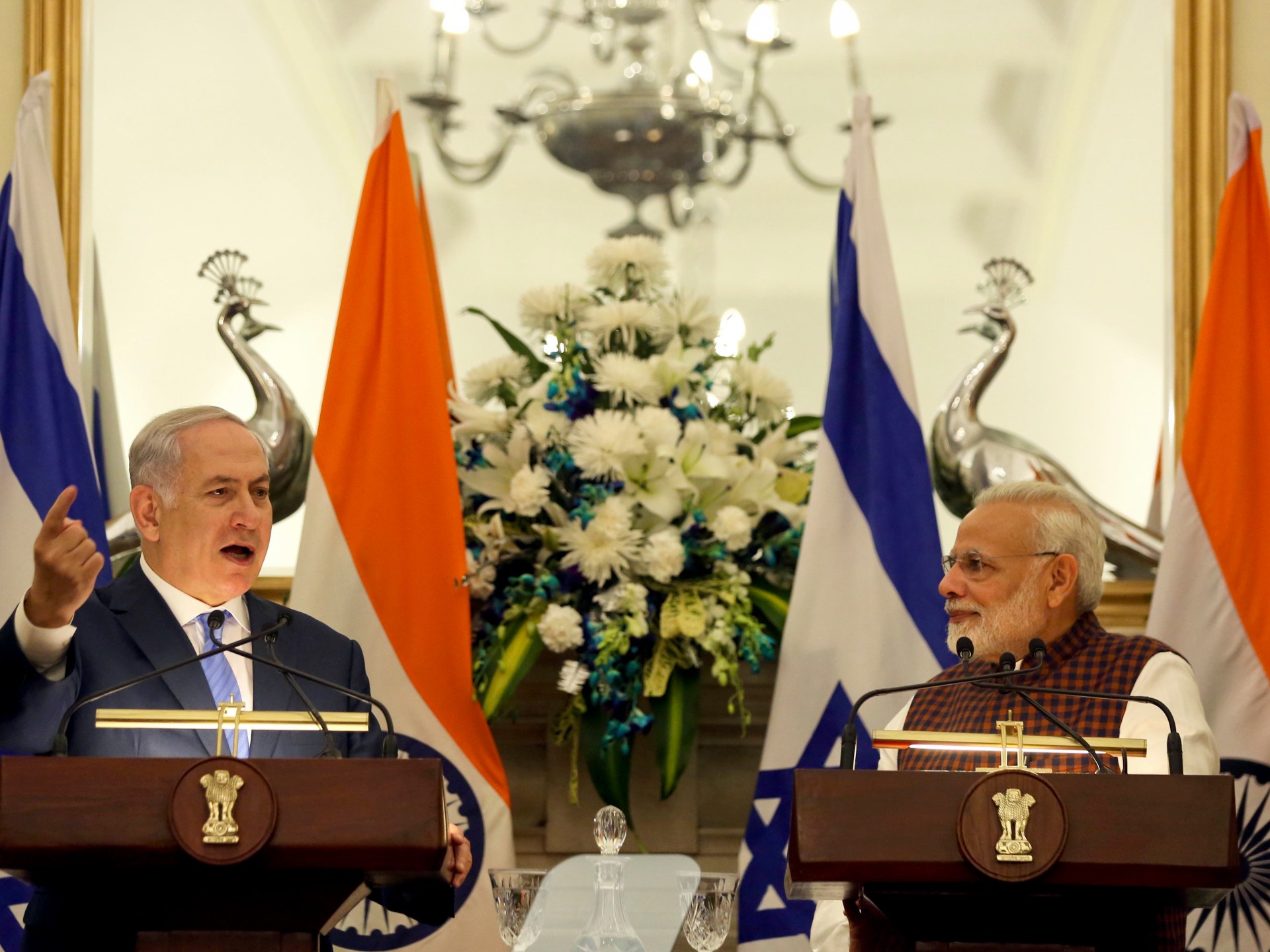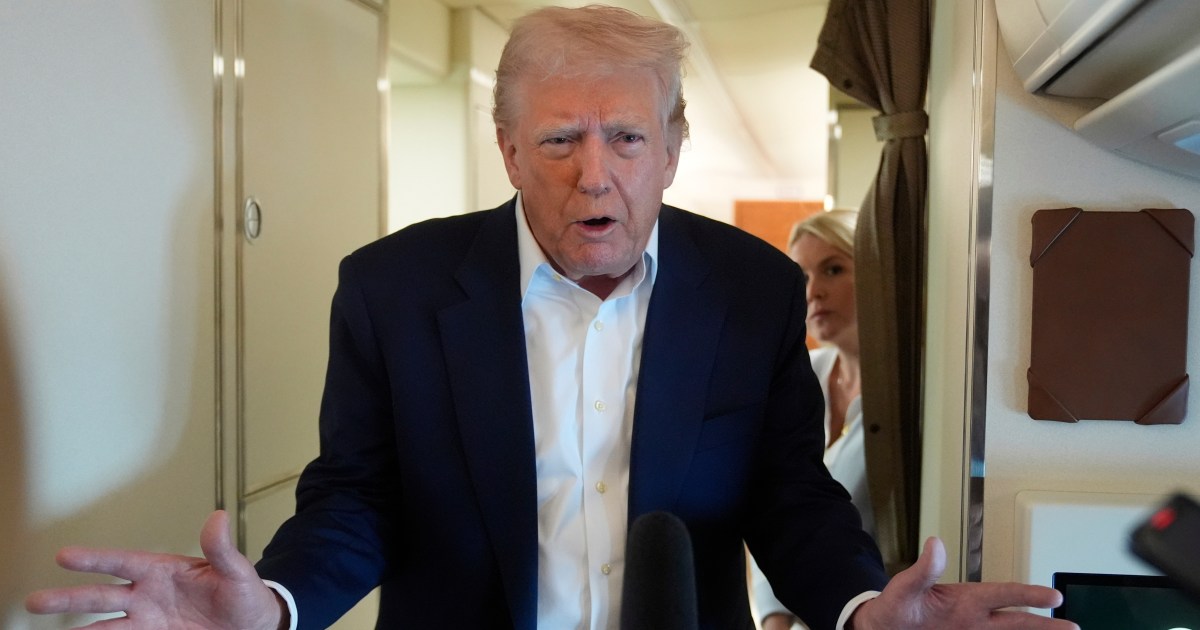The National Television Awards were held at the O2 Arena last night and social commentator Narinder Kaur is said to have been refused entry to the red carpet at the event
Social commentator Narinder Kaur was refused entry to the red carpet of the National Television Awards last night. She was among the celebrities who had travelled to the O2 Arena in London for the televised awards ceremony.
Narinder, 53, who regularly appears on Jeremy Vine‘s panel show, is said to have been turned away from the red carpet after arriving at the venue in London. It’s claimed that it led to confusion among guests preparing to enter the event.
A spokesperson for Narinder told the Mirror that she was turned away from the red carpet, despite previously been told that she would be given access. They told us today: “She was refused entry onto the red carpet by one of the organisers, despite a network executive for the show confirming that she was allowed entry onto the red carpet.”
They continued: “Several celebrities came over to Narinder’s aid and also said the organiser’s behaviour was weird and asked why Narinder was the only person being asked [to show her tickets].” They added: “Narinder has previously won an NTA, back in 2002, which adds insult to injury.” A representative for the NTAs declined to comment when approached.
READ MORE: Molly-Mae Hague fans jump to her defence after her NTAs win sparks furious backlashREAD MORE: Ant and Dec break silence after losing out to Gary Lineker at NTAs after 23-year reign
Narinder, who is said to have taken a boat down the Thames amid tube strikes to make it to the O2 Arena, had shared content on Instagram ahead of arriving. The broadcaster suggested in a post that she was running late, writing: “[My agent is] trying to calm me down at HOW LATE we are”.
She’s since issued a video message on X, in which she addressed the idea of having been “banned” from the NTAs. She said: “I wasn’t banned. I had an invite but when I got there they decided it wasn’t the right invite, security, and I had to wait. And it was like so one and half, two hours later, and then finally [they] were like ‘oh my god’ we’ve made a huge mistake. Of course come in’. It was too late. I was ready to go home.”
Narinder, who said that she hopes it was a “genuine mistake,” found it “humiliating” and “embarrassing,” adding: “I was really upset.” She also hit out at the prospect of it being due to her opinions on certain topics, saying that some people had suggested that to her. Dismissing the prospect, she said: “That doesn’t make sense. […] Then why would I be invited? What, then they decided when I got to the door that I’m too opinionated?”
Her opinions have included criticism of the BBC recently following the news that former the Apprentice star Thomas Skinner, 34, will compete on Strictly Come Dancing this year. She said last month that she wanted to take part in the show but had been deemed “too controversial”.
As reported at the time, she said in the caption of a video about his casting on X: “Apparently I was deemed too controversial for @bbcstrictly because they only hire quiet brown and black women that fit in a box. But you can be a white man AND be controversial and you’ll be hired on the spot! Hello Thomas Skinner!! #BBCStrictly your unconscious bias and prejudicial views against British brown women is disgraceful.”
The BBC’s director-general Tim Davie said at a Culture, Media and Sport Committee earlier this week that he had “never heard that” when asked about claims that Narinder was rejected for the show, whilst defending the controversial casting of Thomas. Tim said: “I’m not involved directly, that’s not disowning it, it’s just day to day.
“It’s for BBC Studios to propose to the commissioner of entertainment who they think they can get … one is who will take part, because it’s quite a commitment, three months in full training. And the second is, who are people that they think would make a good balance in terms of the cast, and my goodness, they’ve done a good job in terms of creating a phenomenal show.”
Like this story? For more of the latest showbiz news and gossip, follow Mirror Celebs on TikTok, Snapchat, Instagram, Twitter, Facebook, YouTube and Threads.
READ MORE: Sian Welby stuns in £46 satin dress from M&S that’s perfect for party season





